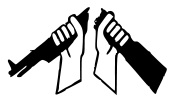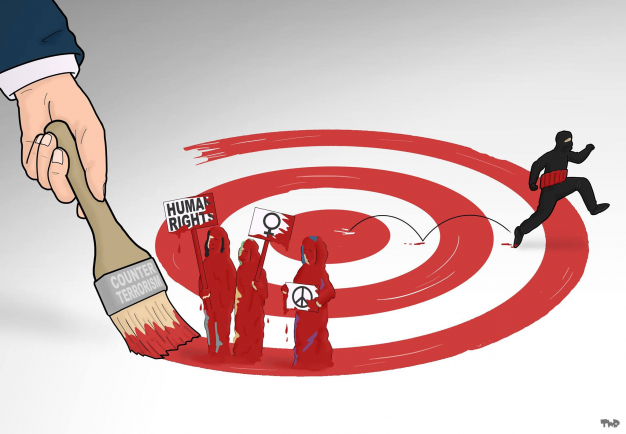

WPP Statement for WRI Conference"Small Actions Big Movements - The Continuum of Nonviolence"
following WPP Global Consultation
‘Gender and Militarization: Analyzing the Links to Strategize for Peace’
Cape Town, South Africa
July 2-4, 2014
Statement delivered on July 4, 2014, by Isabelle Geuskens and Netsai Mushonga, during opening WRI Conference
We, participants of WPP Global Consultation on ‘Gender and Militarization: Analyzing the Links to Strategize for Peace’, held in the City Hall in Cape Town, South Africa, July 2-4, 2014, wish to send our solidarity and good wishes to WRI conference and delegates.
Through this statement, we wish to convey our message that we are determine to take forward the agenda of making women and women’s realities part of existing peace and security framework, but it should not go without analyzing the current peace and security framework through a critical gender lens. We also appeal to look at gender beyond a narrow focus on women and integrate an intersectional approach that gives space for realities of race, class, sexual orientation and gender identity; and masculinities perspectives on the women, peace, and security agenda by exploring links between nationalism and violent masculinities and militarism. It is important to redefine these links, by unpacking the meaning of peace in the world, and exploring the transformative potentials of UNSCR 1325, which is the first UN Security Council Resolution on Women, Peace, and Security (2000).
As we are approaching the 15th anniversary of the UNSCR 1325, we recognize that implementation of the resolution has been both inadequate and mainly “technical”, with major gaps and challenges in terms of resourcing implementation as well as a lack of political will. Participants to the WPP Consultation agreed that there is a need for a holistic and transformative approach in pushing the agenda forward.
This consultation deliberated and identified the following challenges:
As you begin this conference, we ask that you continue the spirit of partnership and collaboration toward transformative peace, and a future built on equality, justice, and human rights for all. Working for peace and an end to militarization requires an intersectional understanding of the realities from which all of us come from and the diverse experiences we have with political, economic, and social violence. In working for transformative peace, we ask that you consider in this conference the challenges we have highlighted, with the hope that your contribution strengthens the collective effort to address these concerns.
11 Dec '17 This month WPP staff interviewed Arbia Jebali and Sarah Chamekh from Free Sight Association in Tunisia about the work their organization does, how civil society space has changed over the years, which challenges they are facing now, and how civil society in Tunisia is organizing itself to overcome those challenges.
7 Nov '17 In this article, WPP staff interviewed Doron Joles of XminY Fund, an activist organization that supports social movements, action groups and changemakers fighting for a fair, democratic, sustainable and accepting world. He discusses the unique way they have chosen to hand out funds, and the challenges that go along with funding small activist organizations in the current global climate.

25 Oct '17 This Friday, the UNSCR 1325 Open Debate will take place once again, seventeen years since the adoption of landmark UN Security Council Resolution 1325 on Women, Peace and Security. In this article WPP staff reflects on the progress made for a truly transformative feminist peace agenda until now.
